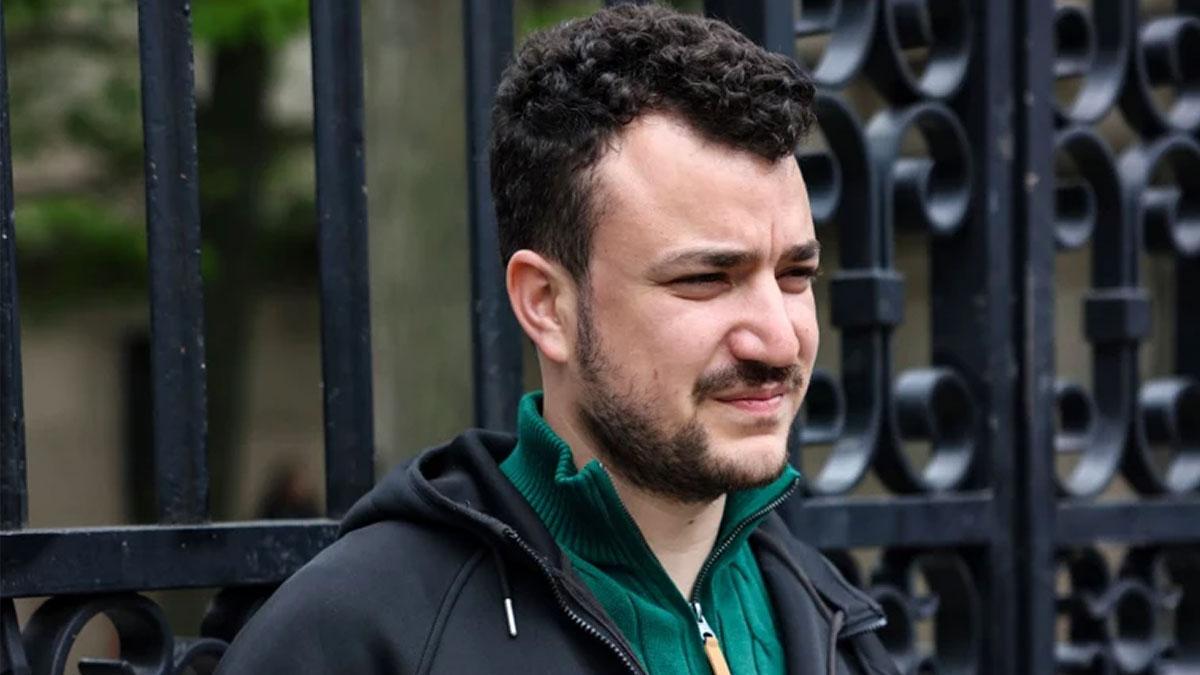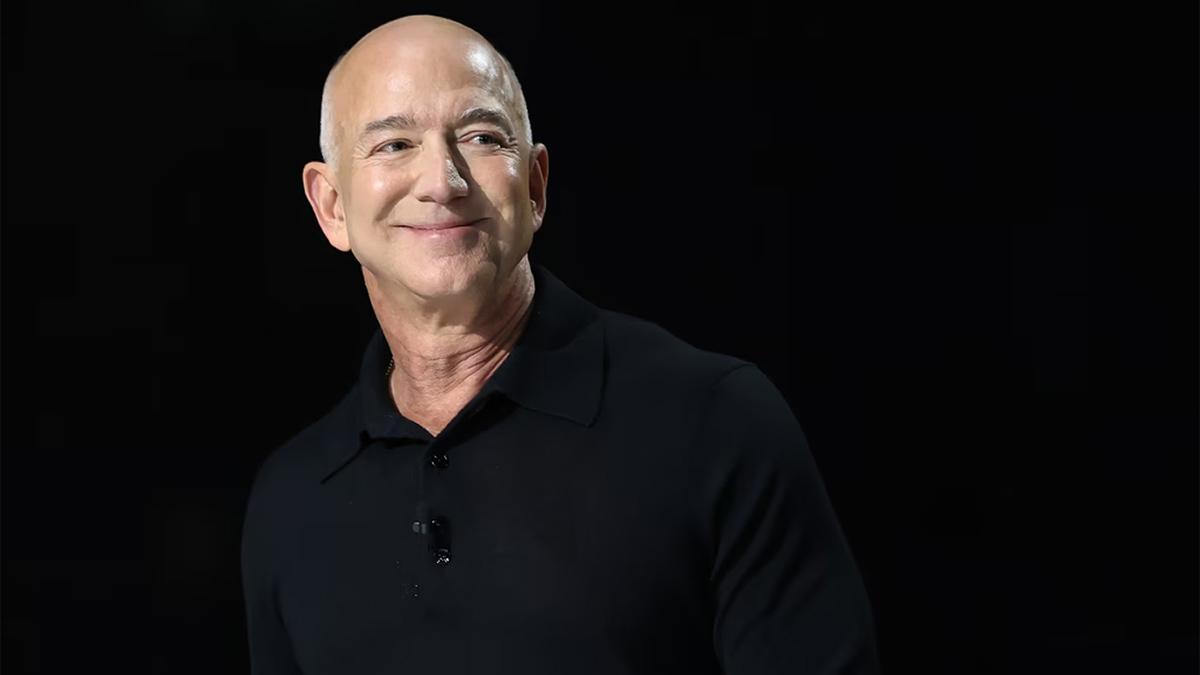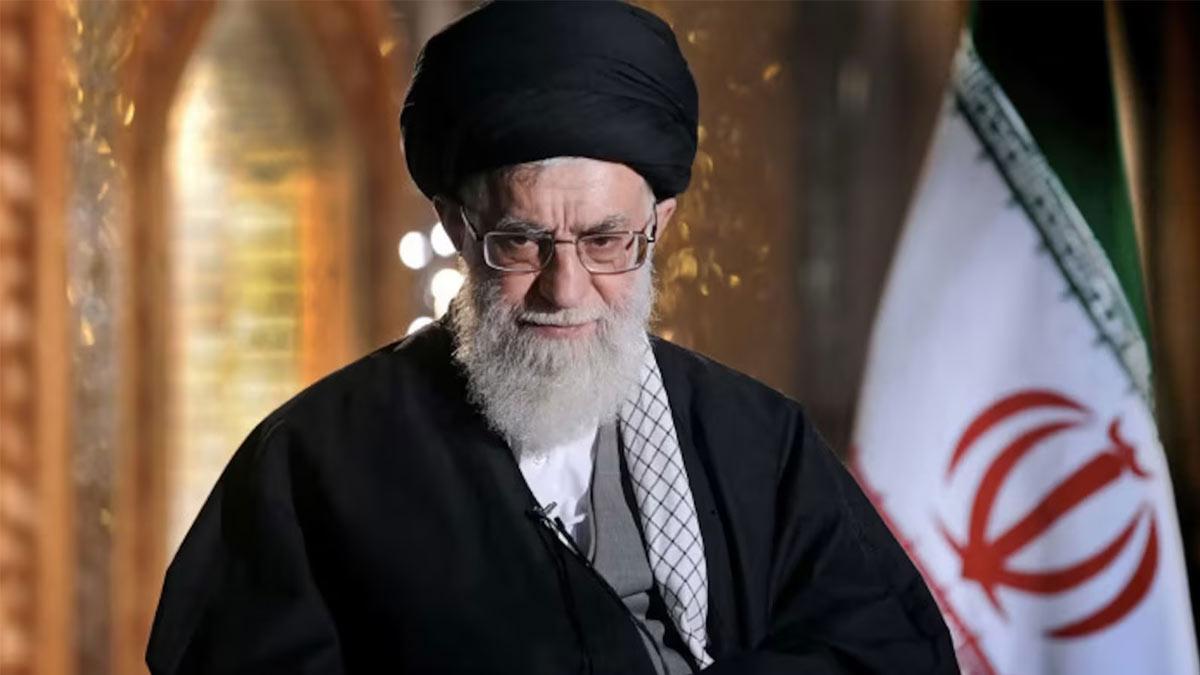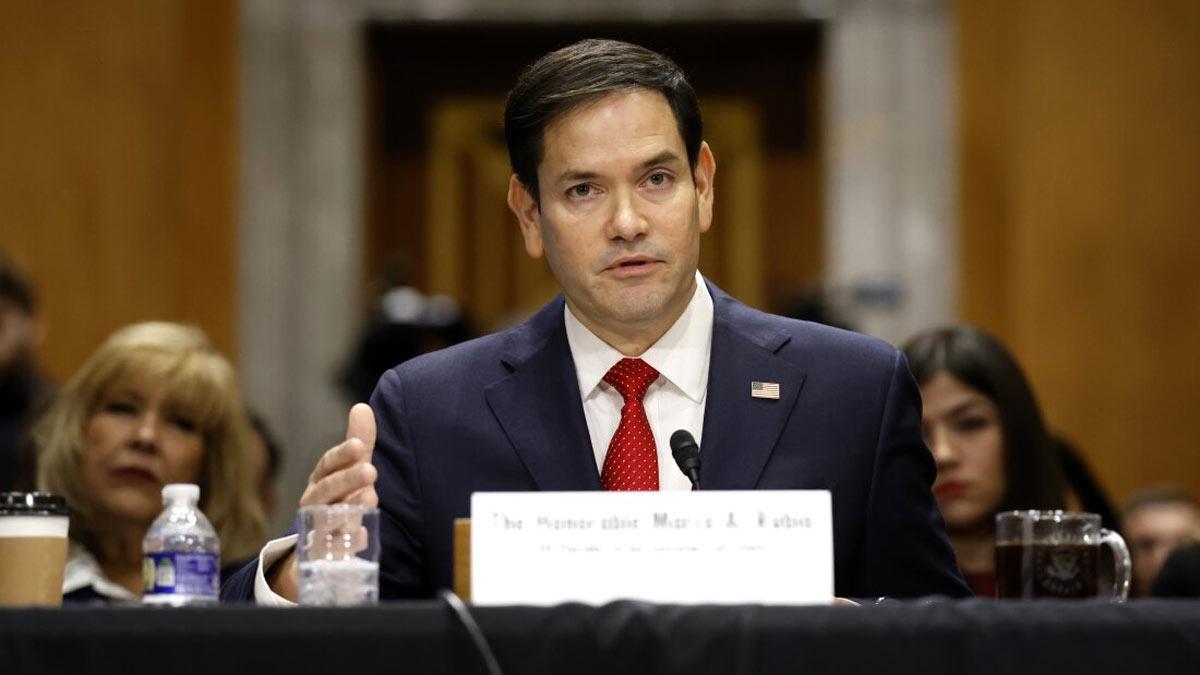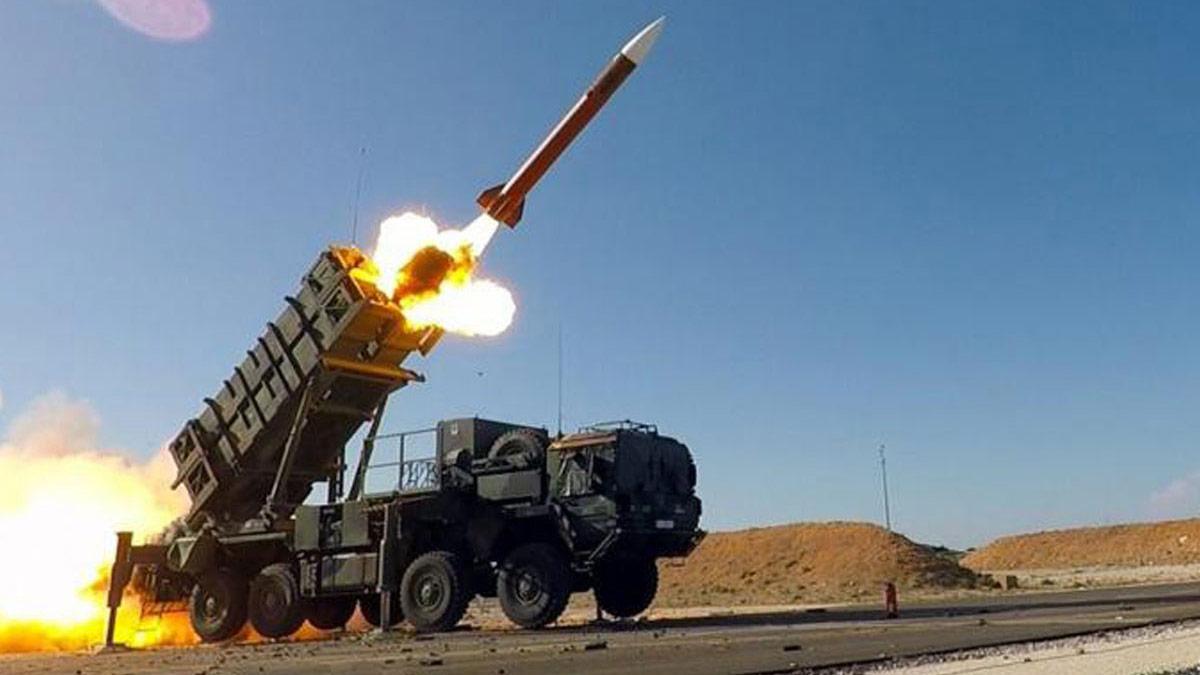A Palestinian activist involved prominently in student protests at Columbia University is now at risk of deportation after being arrested by federal immigration officials over the weekend.
His fellow former President Donald Trump described the arrest of Mahmoud Khalil, a legal permanent U.S. resident, as a precedent-setting move, predicting that it signals the start of a wider crackdown on campus protests against the war in Gaza. Yet a federal judge has temporarily blocked Khalil's deportation from the United States.
Circumstances of Khalil's Arrest
Khalil was arrested on Saturday evening as he came back to his university-owned house in Upper Manhattan with his wife. U.S. Department of Homeland Security officers stopped the couple and told Khalil that he was under arrest for having his student visa revoked.
Even though his wife produced records to prove that he was a green card holder, the officers claimed that his residency status had also been revoked. He was then handcuffed and removed, said a lawsuit that was filed by Khalil's legal team against his detention.
Reason for Deportation Proceedings
Homeland Security officials, confirming Khalil's arrest, also charged that he was involved in activities consistent with Hamas, which the U.S. government identifies as a terrorist group.
The White House elaborated on this charge Tuesday, stating Khalil had orchestrated protests in which materials supportive of Hamas were disseminated.
This administration will not stand for people having the luxury of studying in our nation and then aligning with pro-terrorist groups that have murdered Americans," Trump's press secretary, Karoline Leavitt, said.
But Khalil's lawyer, Samah Sisay, has strongly denied these claims, contending that there is no evidence linking her client to any type of material support for terrorism.
"They're making an example out of him to deter others from exercising their free speech," Sisay said in an interview with The Associated Press. "Disagreeing with your government's foreign policy on Israel is not a legitimate reason to be put into deportation proceedings."
Who Is Mahmoud Khalil?
Khalil became a key player in last spring's pro-Palestinian demonstrations at Columbia University, which were mirrored by demonstrations at schools around the globe.
He was a student negotiator who was involved with the university administration as well as with the media. Khalil has recently faced also being inquired about by Columbia's newly instituted disciplinary panel to deal with cases of harassment and discrimination related to student activists.
He did succeed in gaining his master's in public administration at Columbia's School of International and Public Affairs in December.
Khalil's Immigration Status
Khalil was raised and born in Syria after Palestinian grandparents were evicted from the country, says his legal affidavit.
He went to the United States in 2022 to continue his postgraduate studies under a student visa. He was married to an American citizen one year later, and he soon gained legal permanent resident status in the U.S., also called a green card.
Can Green Card Holders Be Deported?
Yes, legal permanent residents may be deported, but the government bears the burden of proof.
Deportation is initiated by a variety of criminal activities, ranging from violent crime to financial scams and illegal firearms possession, immigration law expert and former Cornell Law professor Stephen Yale-Loehr says.
Still, foreign nationals can also be deported if they are found to have given material support to a terrorist organization even in the absence of an actual criminal conviction.
"The immigration definition of 'material support' is much, much broader than its criminal definition," Yale-Loehr said. "For example, individuals have been removed from the country for simply providing food or water to guerrilla fighters under duress."
Khalil's Detention Facility
Khalil is currently detained in a federal immigration detention center in Jena, Louisiana, roughly 170 miles (275 kilometers) northwest of New Orleans.
The Central Louisiana ICE Processing Center, a tightly secured facility enclosed by barbed wire, houses up to 1,160 detainees.
Louisiana emerged as a hub of immigrant detention in Trump's first term, with nine such centers in the state—most operated by private contractors.
Critics say these remote locations make it impracticable for detainees to meet with lawyers and stay in touch with their families.
"They are trying to break the morale and spirit of those who are detained in these facilities," said Yasmine Taeb, legislative and political director of Muslim advocacy group MPower Change, in a statement on Tuesday.
Legal Battle Ahead
A Manhattan federal judge has issued a temporary stay keeping Khalil from being deported while the court considers his case. There is a tentative hearing scheduled for Wednesday.
Khalil also has a hearing scheduled on March 21 in front of an immigration court in Louisiana.
His lawyers maintain that since he is a legal permanent resident, Khalil is owed due process. His lawyers contend that his detention constitutes an obvious attempt to stifle free speech and punish dissenting opinions, against the First Amendment.
His lawyers have also requested that he be returned to New York, on grounds of personal reasons—his wife is eight months pregnant.
In a passionate message conveyed via Khalil's attorneys, his wife cried out for public support.
"For all of you reading this, I ask that you view Mahmoud through my eyes as a caring husband and the soon-to-be father to our baby," she wrote. "I need your help to bring Mahmoud home, so he is here with me, holding my hand in the delivery room as we bring our first child into this world.
Read also| Trump Escalates Trade Tensions, Slaps 50% Tariff on Canadian Steel Imports
Read also| Rebels Hijack Train in Pakistan, Holding 180 Passengers—Mostly Soldiers—Hostage

